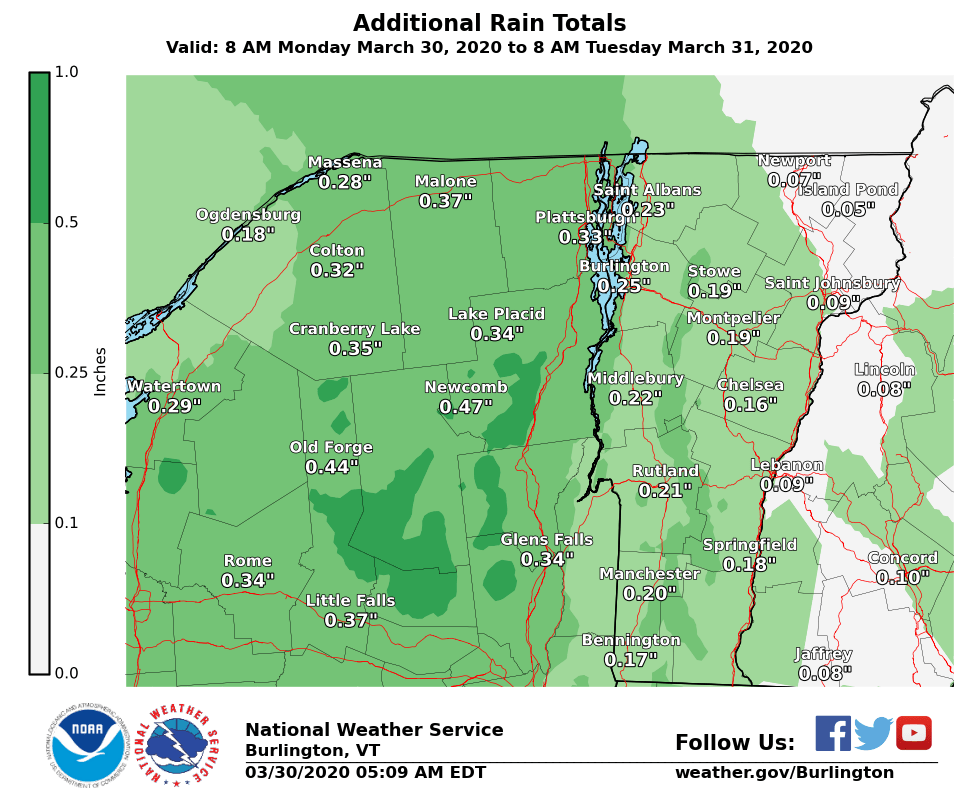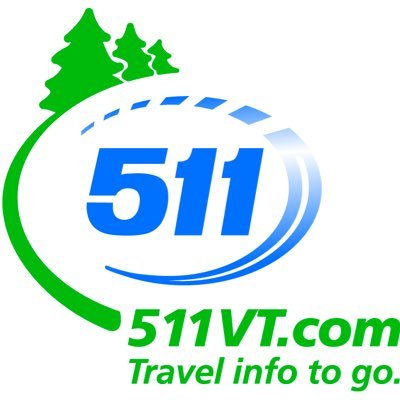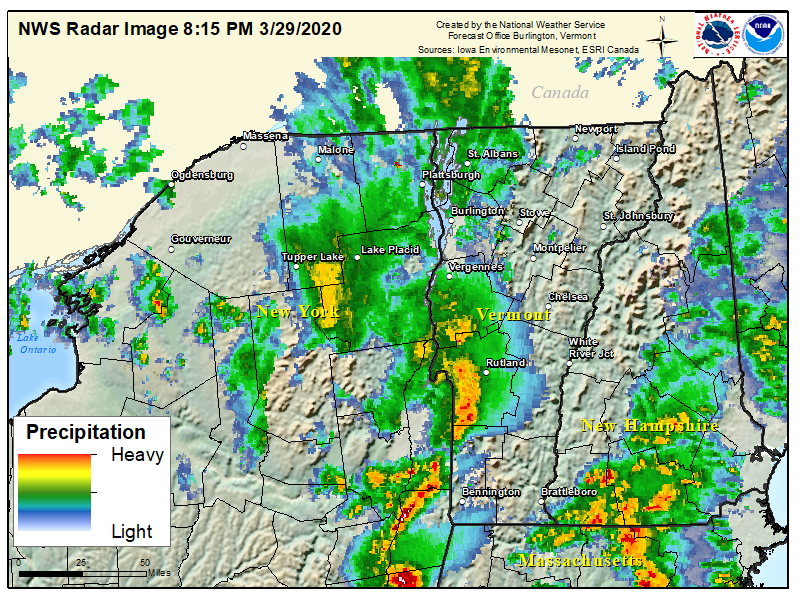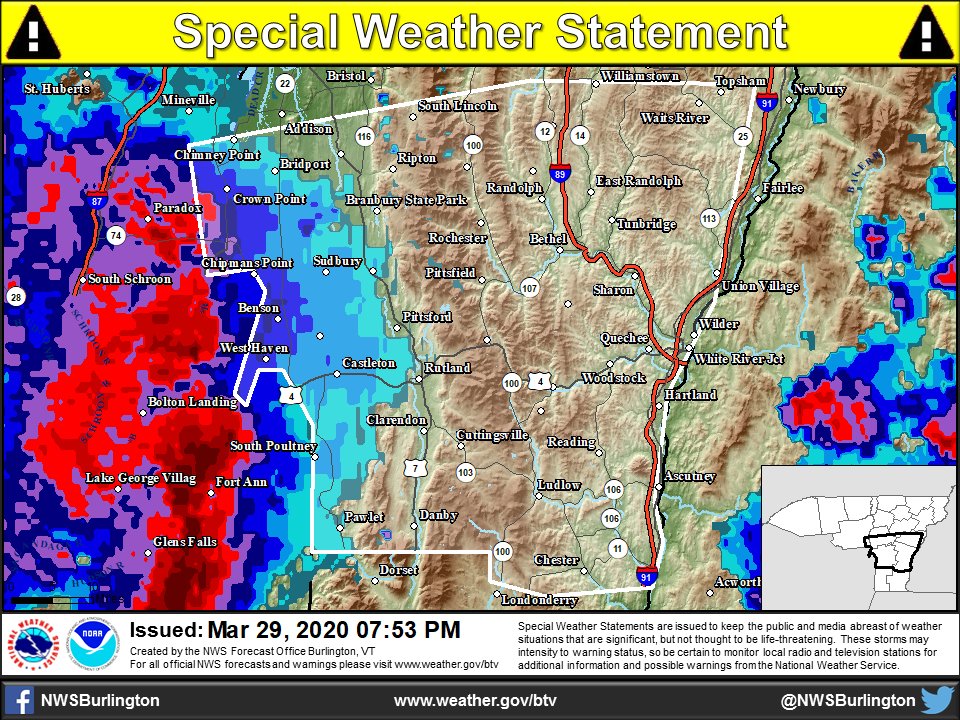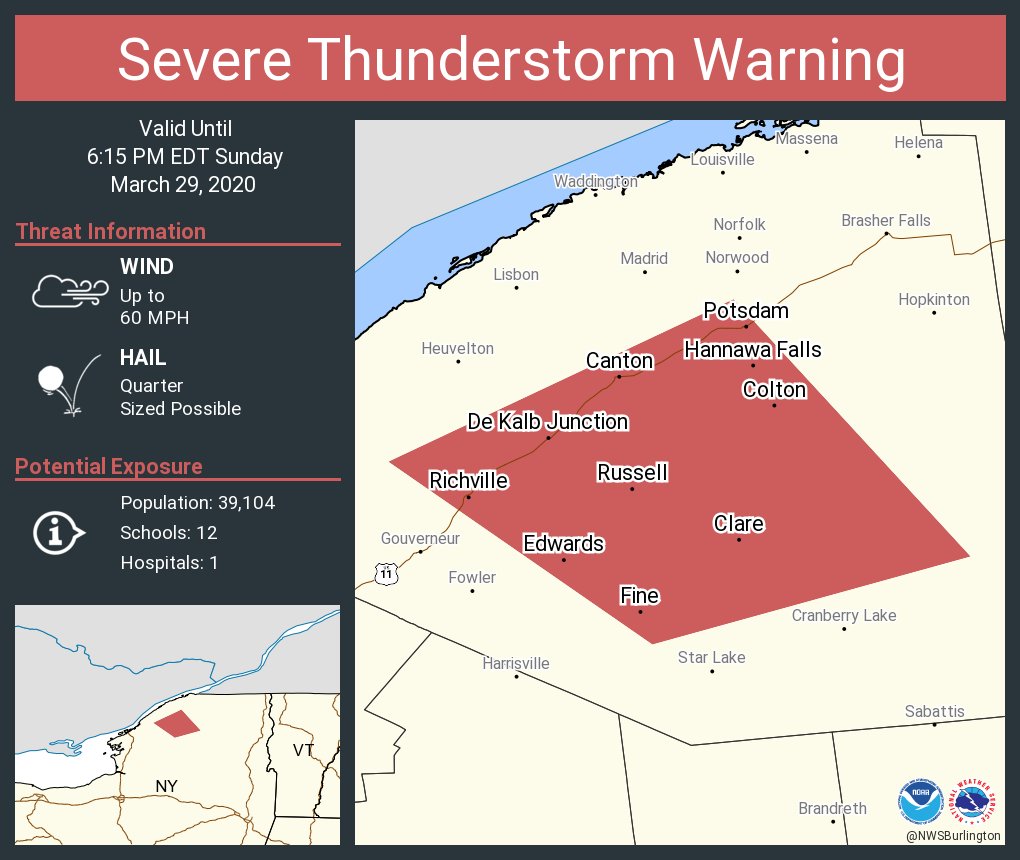The impact of the coronavirus on the healthcare system and on financial markets is all too clear. But what about the stress it’s putting on the food system and on those who are food insecure?
University of Vermont researchers fielded a survey this week, developed in collaboration with faculty at Johns Hopkins University, to determine those impacts in Vermont.
To take the survey, visit www.coronavirusfoodsurvey.com or see Front Porch Forum and Facebook. Participants must be over the age of 18. Questions about the survey can be directed to the principal investigator, Meredith Niles at mtniles@uvm.edu.
Researchers plan to collect and analyze the results quickly enough that they could inform policies during the ongoing pandemic. They also hope to use the results of the Vermont survey to inform a national survey.
“The coronavirus pandemic has highlighted a number of instabilities in the food system,” said Niles, an assistant professor in UVM’s Nutrition and Food Sciences Department.
“People are changing their purchasing habits and stockpiling food, which could reduce access for others. We also know that fundamental programs that alleviate food insecurity, from Meals on Wheels to free school meals to assistance programs like 3Squares VT, have new demands and have had to make changes because of the coronavirus. And new groups of people, either because they are ill or have lost their jobs, may be experiencing food insecurity.”
The survey asks respondents where they obtained food over the last year for themselves and their families and if availability from that source has changed since the coronavirus outbreak. It also asks how worried respondents are that the coronavirus will affect their access to healthy food and seeks to understand their perspectives overall on the outbreak.
“The goal is to understand how people are responding to the crisis, learn what the impacts are and identify steps we can take to address these problems,” said Farryl Bertmann, another faculty member in Nutrition and Food Sciences who is collaborating on the project. “It’s critical to obtain this information, both to blunt the effects of the current pandemic and to prepare for future disease outbreaks and other shocks to society and the food system,” she said.
The researchers hope for a high response rate to the survey.
“We need as many people as possible to take the survey, so we have detailed data that will help us create the most informed public policy recommendations,” said another member of the research team, Emily Morgan, also a faculty member in Nutrition and Food Sciences.
Food insecurity is defined as access by all household members, at all times, to enough food for an active, healthy life. According to Map the Meal Gap 2019, 11.9% of Vermont households are food insecure, 15.9% of Vermont children live in food-insecure households, and as of 2017, 5.4% of Vermont seniors experience food insecurity.
Source: UVM News

